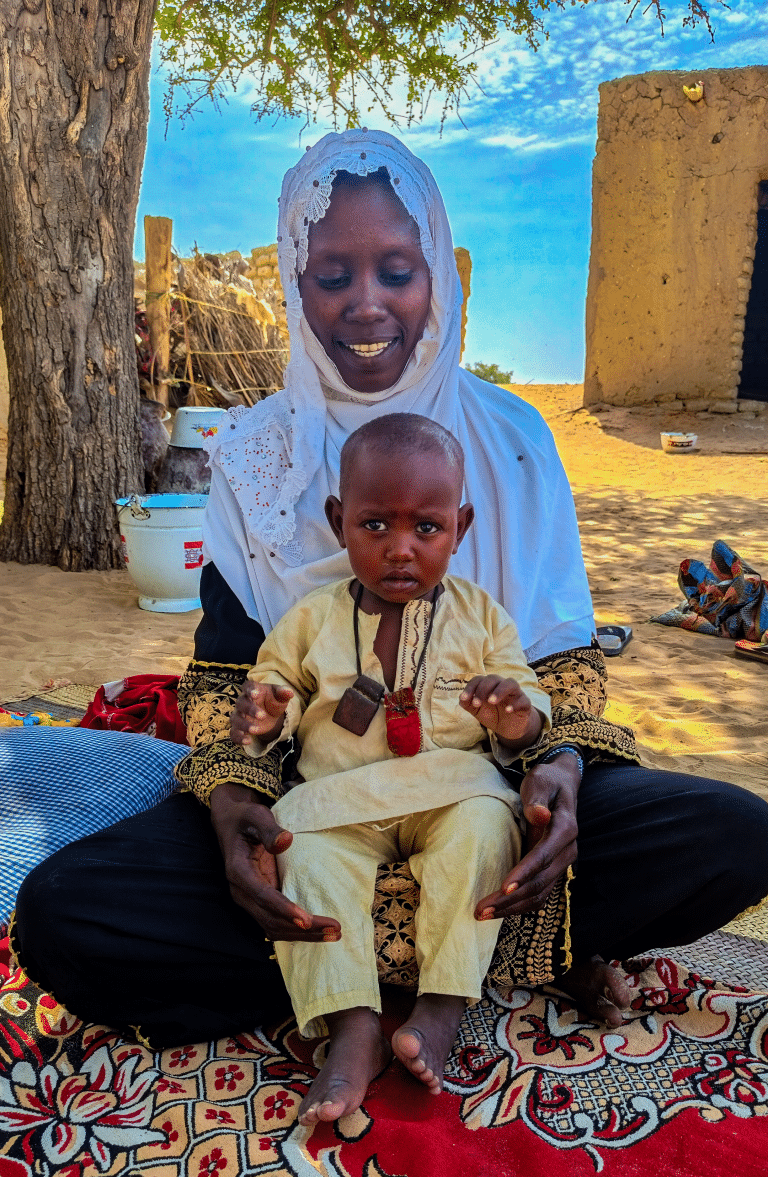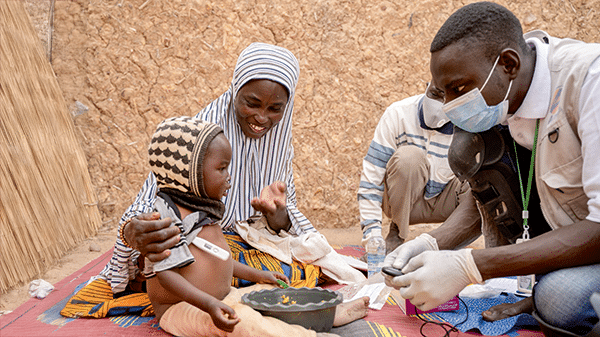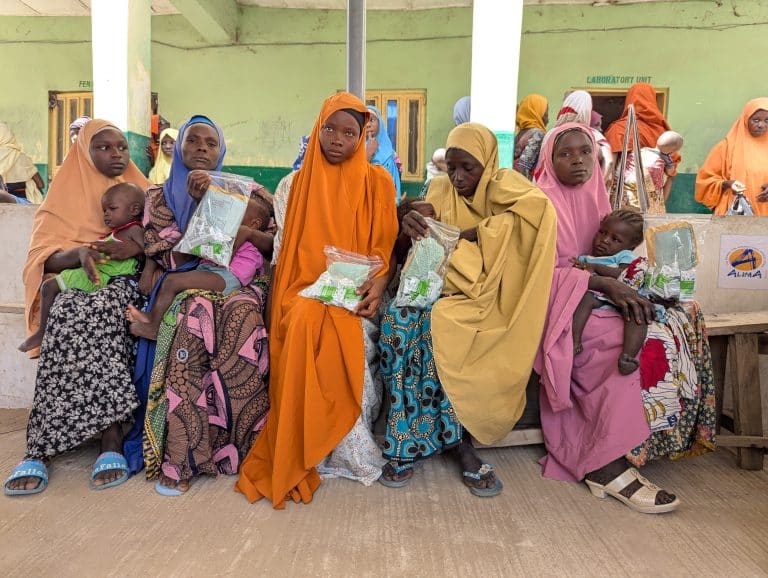CUBE
- Over 11,000 deaths have been recorded during the West Africa Ebola outbreak since 2013 (Pasteur Institute)
- The virus spreads globally, with cases reported in Europe and the United States.
- There is an urgent need for a rapid, efficient, and safe solution to treat patients while protecting medical workers.
To address these challenges, ALIMA and its partner Securotec have developed the CUBE (Biosecure Emergency Room for Epidemics), a self-contained and mobile treatment unit designed to improve patient care and limit contamination risks.
➡️ Awarded by the European Union in 2015 for its innovative contribution to the fight against Ebola.
Humanitarian context and challenge
Urgent need for tailored solutions
During the Ebola crisis, medical teams faced numerous challenges:
- Delayed deployment of traditional treatment centers.
- Intense demands on medical resources (highly qualified personnel, expensive equipment).
- Patient isolation from their families, leading to reluctance toward medical care.
- High contamination risk for healthcare professionals.
💡 To address these issues, ALIMA created the CUBE: an innovative medical solution that is quick to deploy and secure.
📌 Since 2018, over 500 patients with hemorrhagic fevers have been treated in CUBEs in the Democratic Republic of Congo, Guinea, and Nigeria.
ALIMA’s innovation: CUBE
💡How does the CUBE work?
A groundbreaking medical solution that:
- Improves the quality of care through intensive and individualized care.
- Significantly reduces the risk of contamination for medical staff.
- Facilitates contact between patients and their families, limiting isolation.
- Enables faster response to outbreaks, with setup in under 90 minutes.
📌 The CUBE is used to treat patients with highly contagious diseases such as Ebola, Lassa fever, or Marburg.
🔹A very safe medical solution
👨⚕️Optimized medical care
- Simplified access to patients via transparent walls with built-in gloves.
- Administration of treatments remotely, without direct contact.
- Continuous monitoring of vital signs.
- Individualized intensive treatment capability.
🔹A unit that is quick to deploy and adaptable
- Set up in just 90 minutes by a team of four.
- Deployment as close as possible to the outbreak, reducing response times.
- Reusable and modular, adapted to various contexts (hospitals, medical camps, remote areas).
- Up to 75% cost savings compared to traditional structures.
🔹A secure and innovative environment
🛡️Optimal protection of medical staff
- Negative pressure system (-15 Pa) to limit the spread of pathogens.
- H14 HEPA filtration to purify the air and prevent external contamination.
- Compliance with P3/P4 biosecurity standards to ensure maximum safety.
👨👩👦 Maintaining connection between patients and their relatives
- Transparent walls allowing visual interaction.
- Reduction of stress and patient isolation.
Frequently Asked Questions (FAQs)
- Rapid deployment (90 minutes compared to several days for a Local Joint Technical Committee).
- Lower contamination risk thanks to advanced biosecurity equipment.
- Fewer medical staff needed to care for patients.
- Ebola
- Lassa fever
- Crimean-Congo fever
- Covid-19
- Other highly contagious viral infections
Since 2018, ALIMA has deployed over 28 CUBEs across several African countries.
On the ground
Related news

One Sachet, One Chance – Mariam and Hassan’s Journey
In the N’Gouri district, the OptiMAx project combines vaccination with nutritional supplementation to encourage families to return to health centers. Through a mother’s journey, we

OptiMA Trials: When Clinical Research Adapts to Field Realities
In the Democratic Republic of the Congo and Niger, the OptiMA clinical trials successfully combined scientific rigor with operational constraints in complex humanitarian settings. An

NutriVax: Integrating Nutrition and Vaccination to Save Children’s Lives in Nigeria
Every year, millions of children in Africa are trapped in a vicious cycle of malnutrition and infectious diseases. But what if we could fight both


